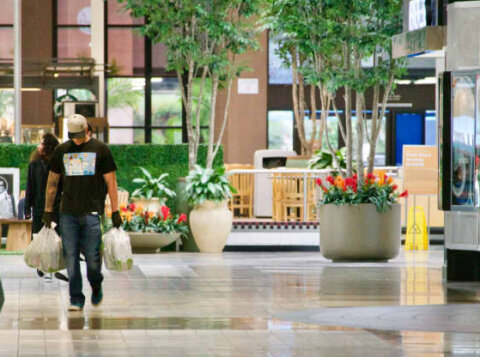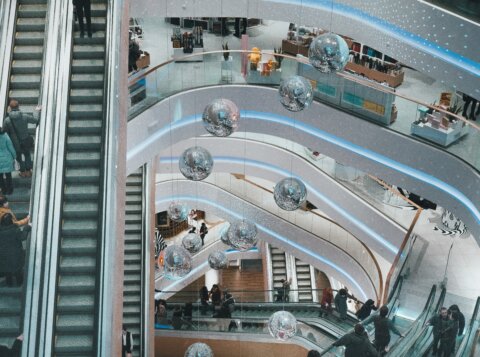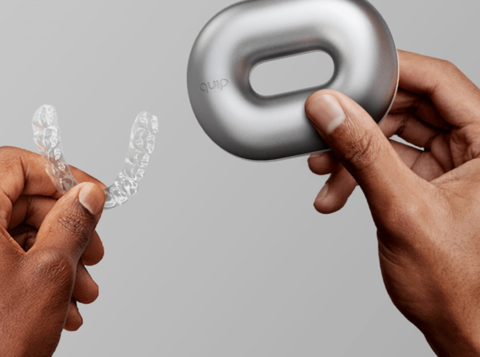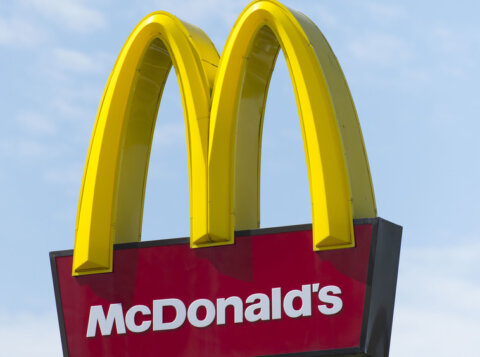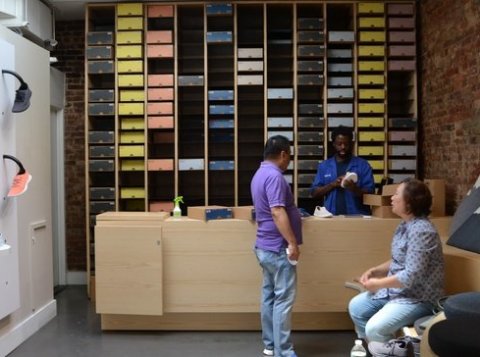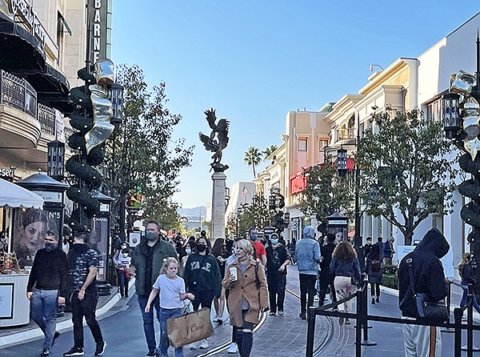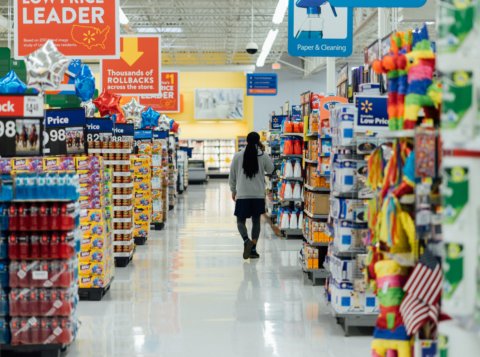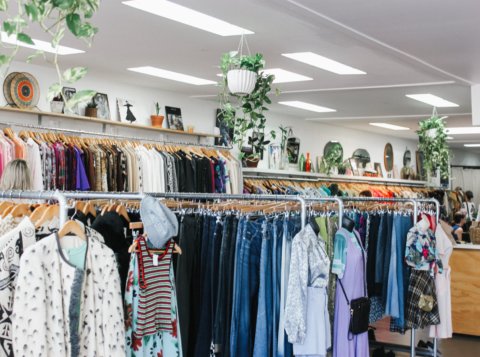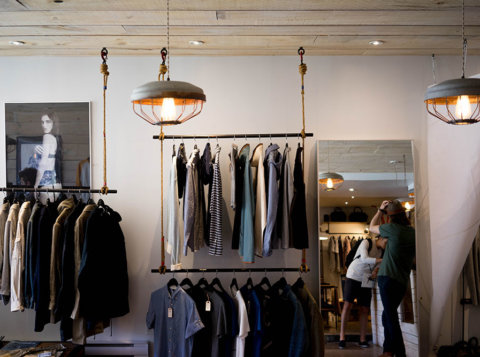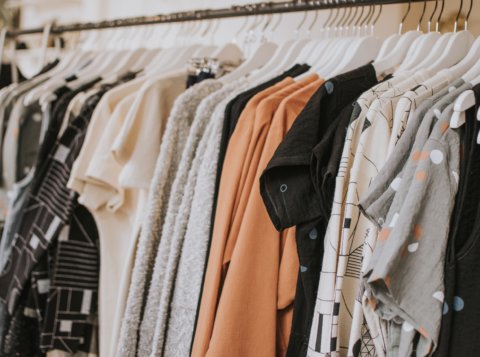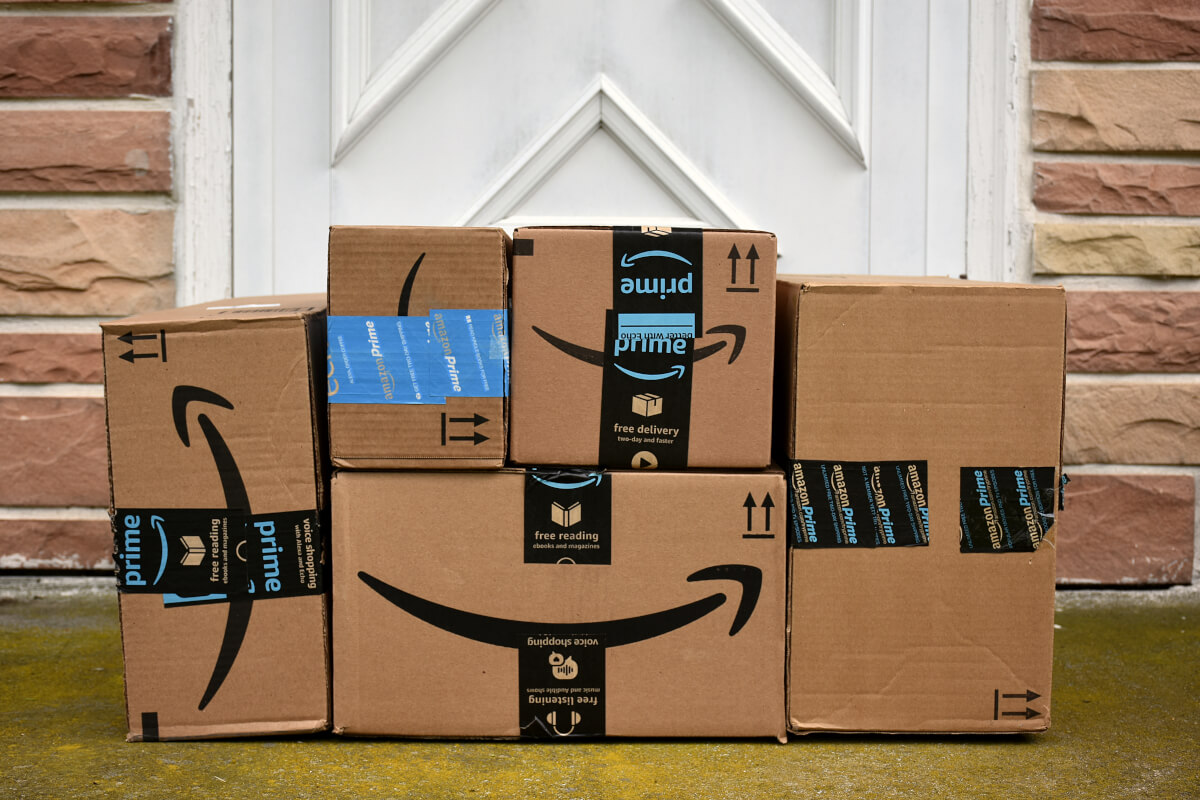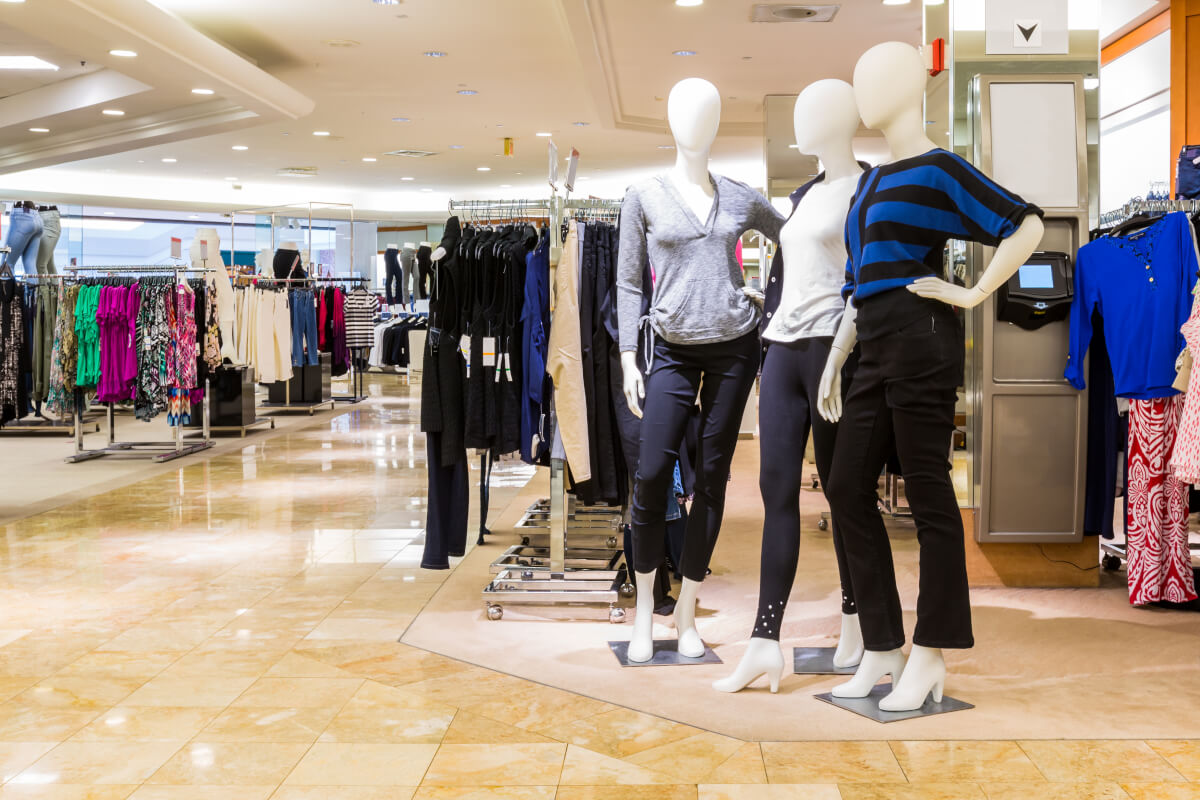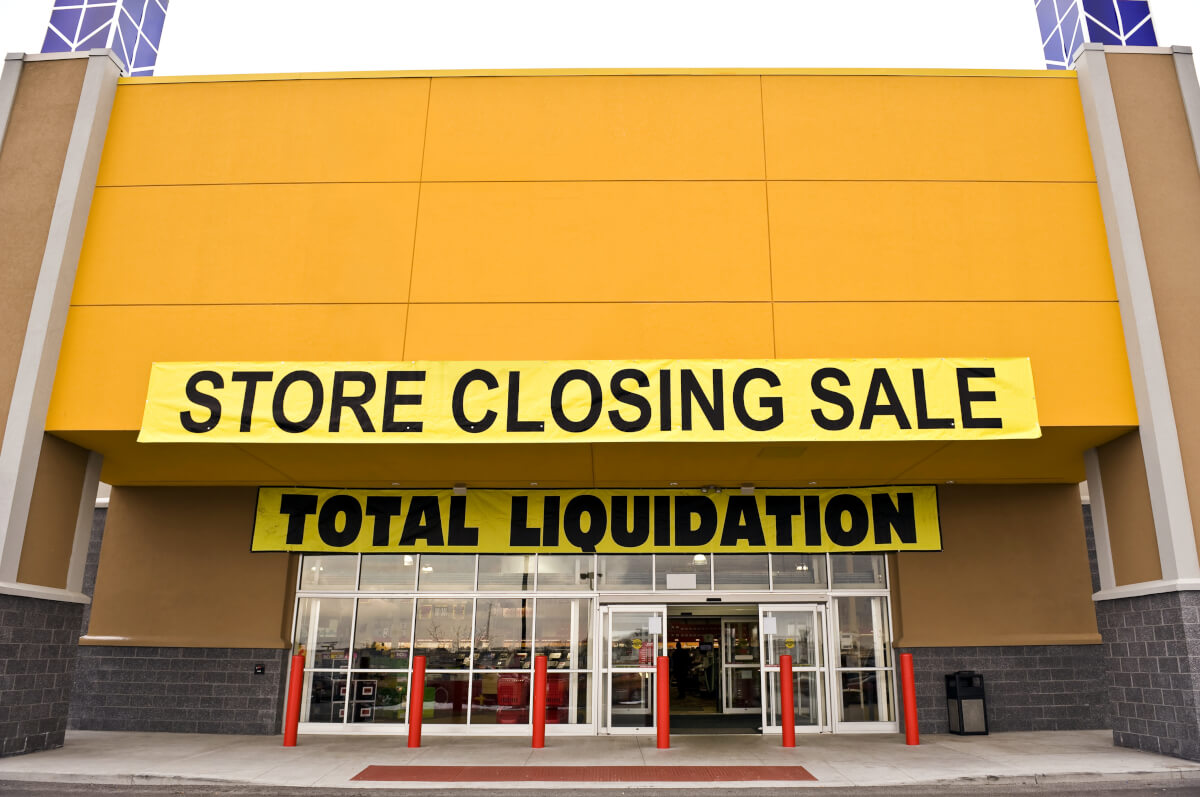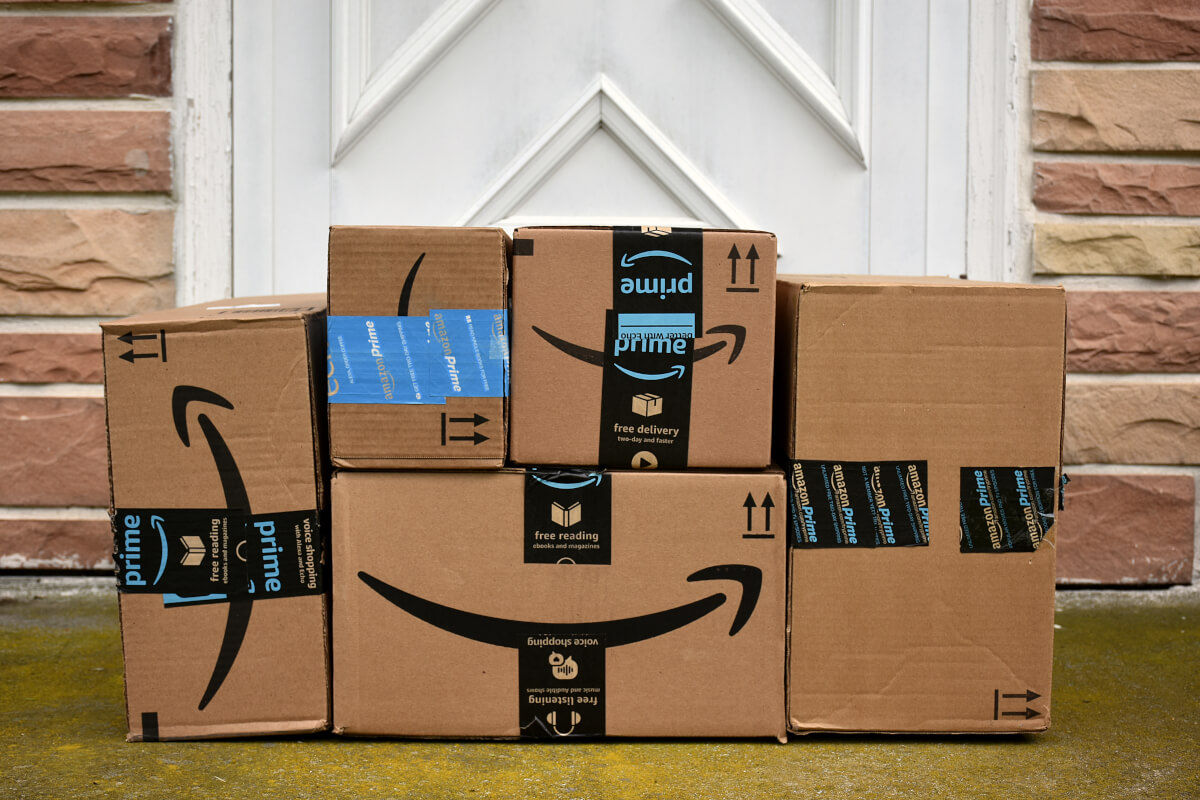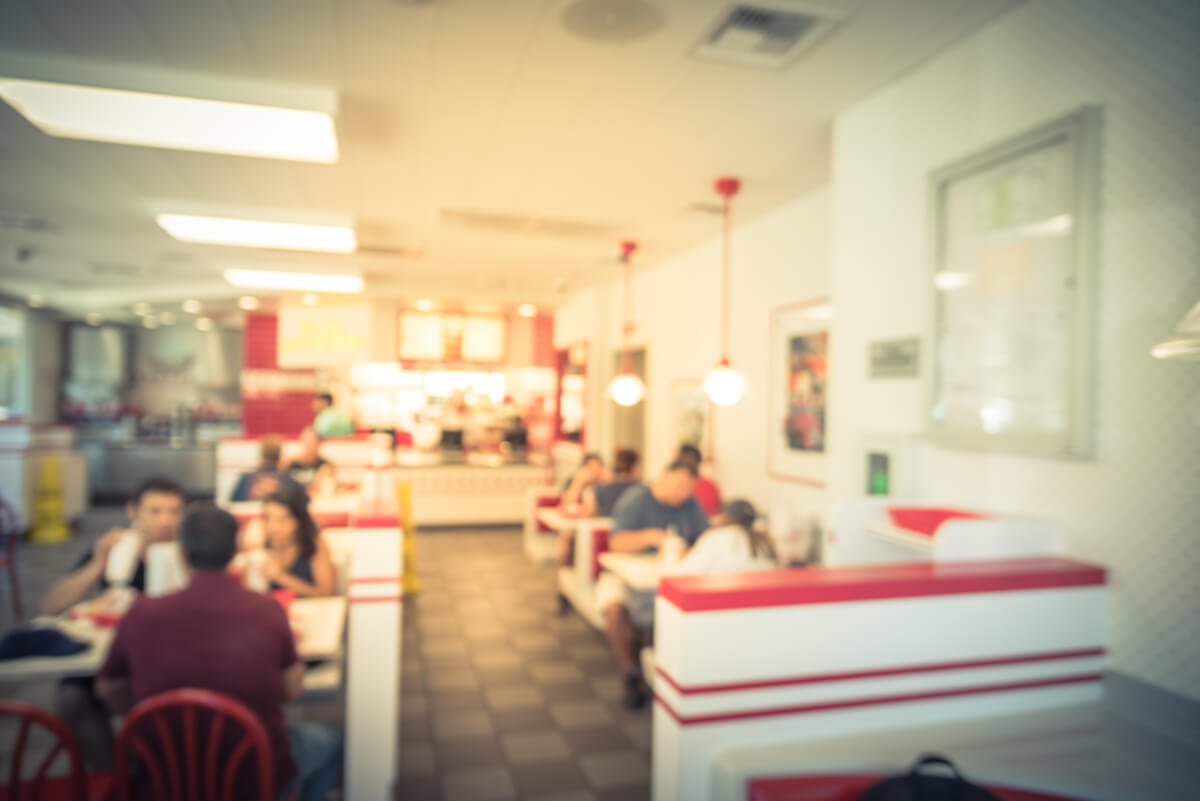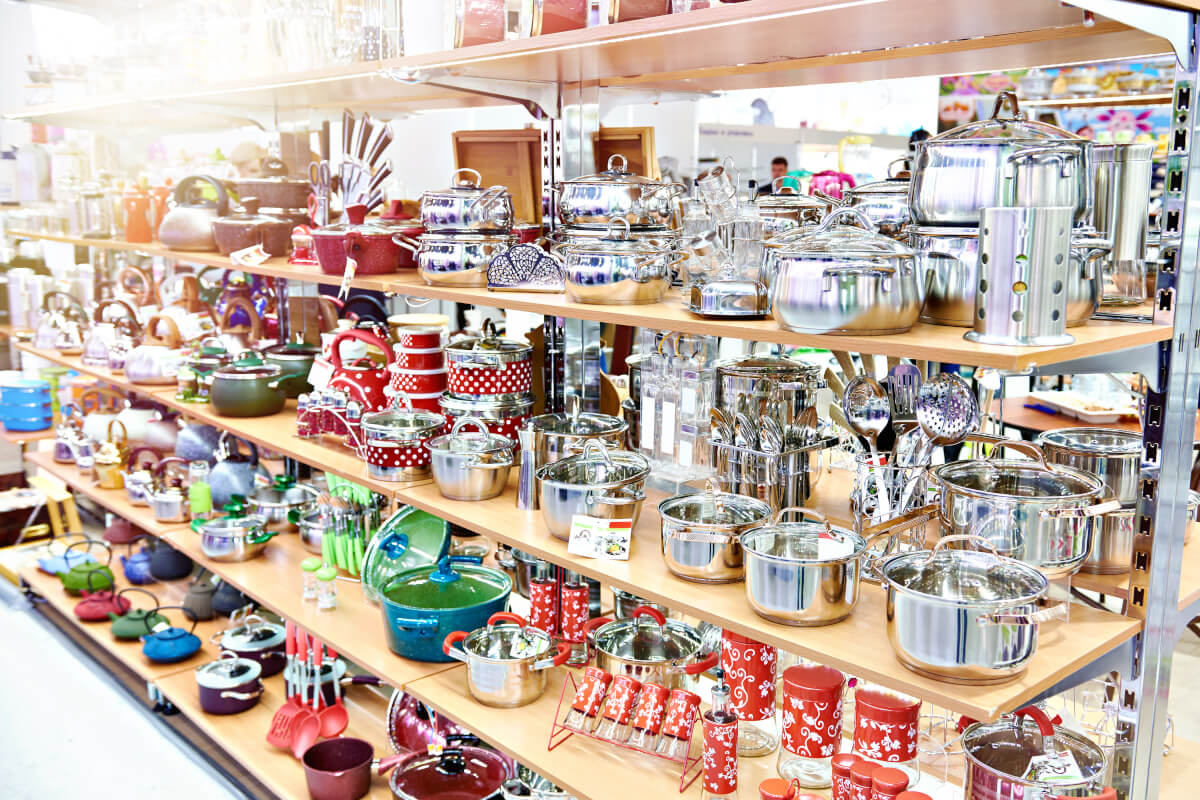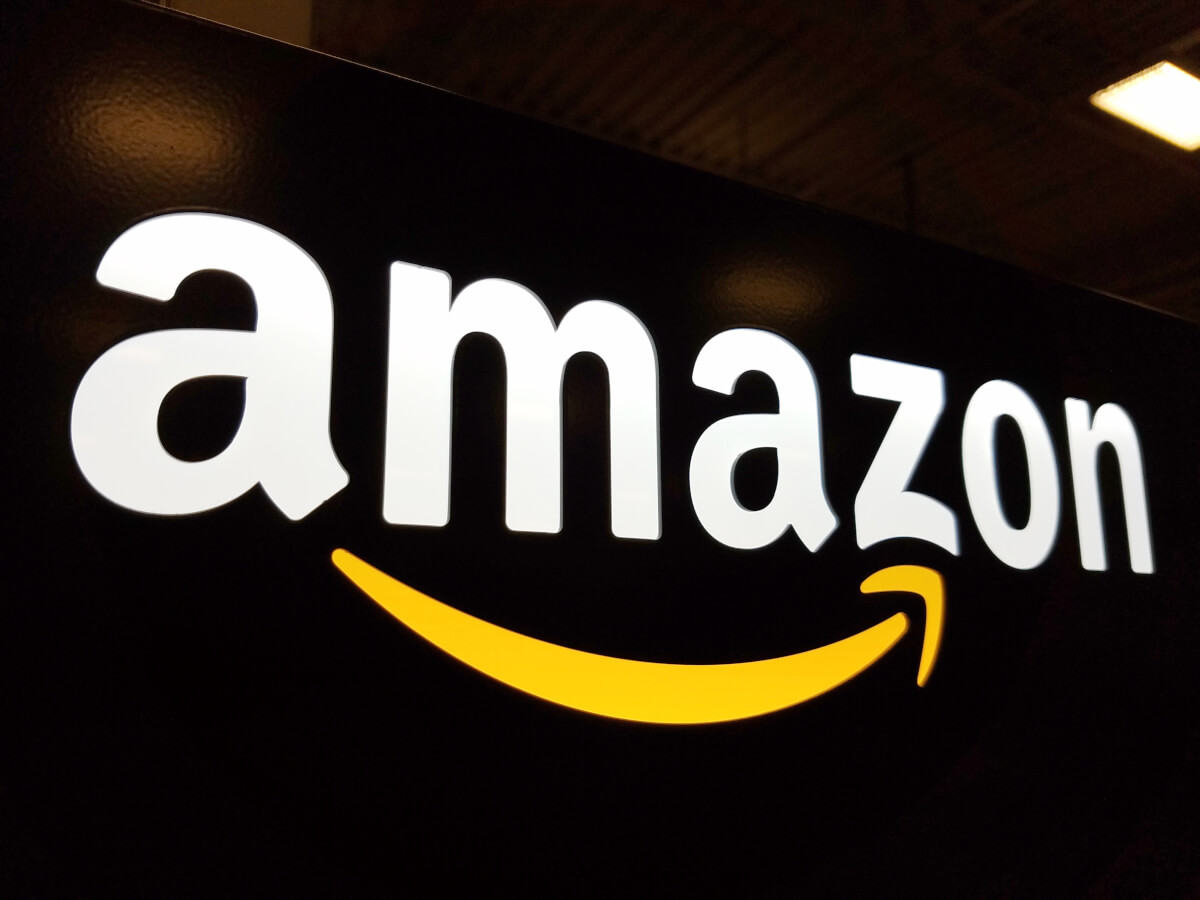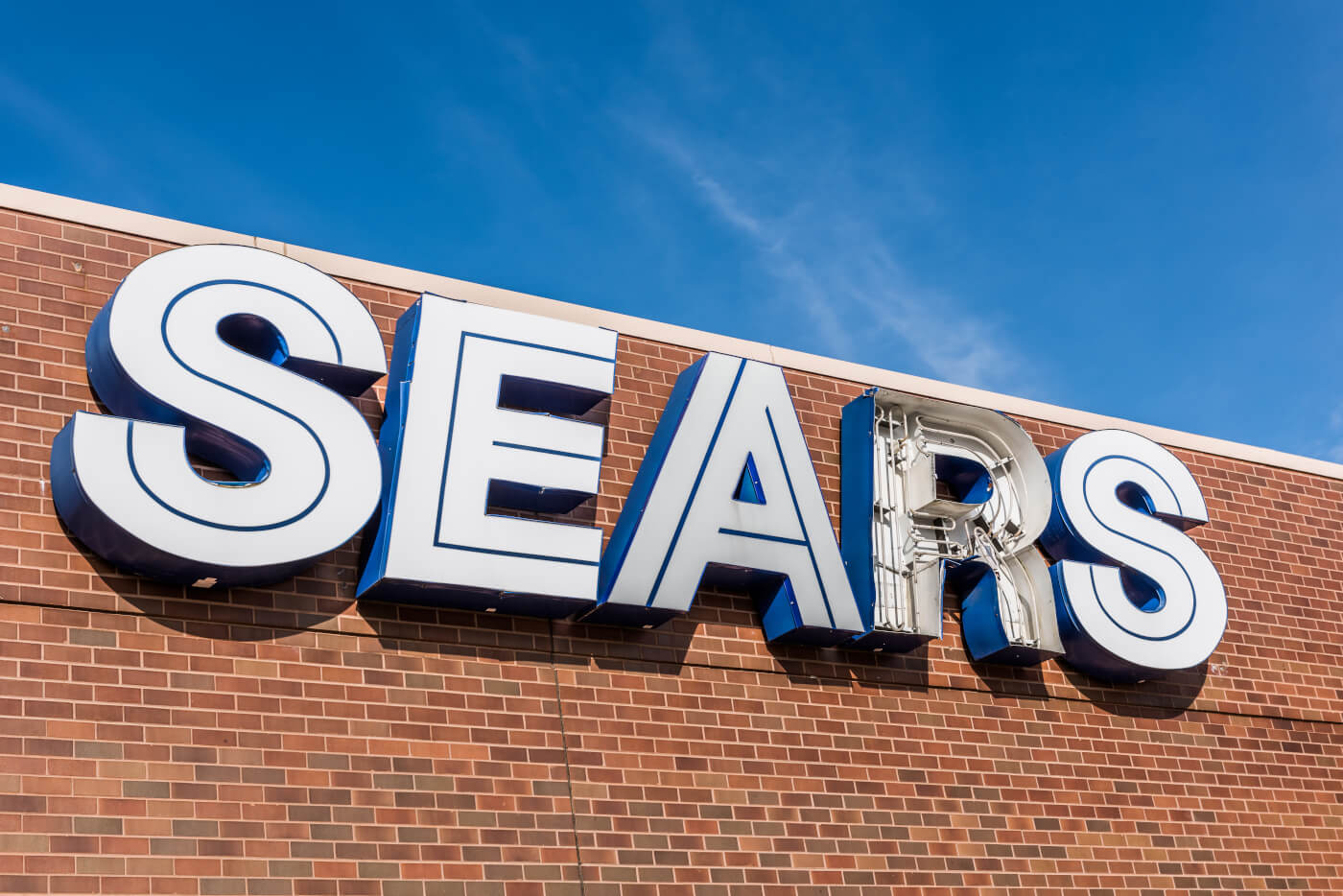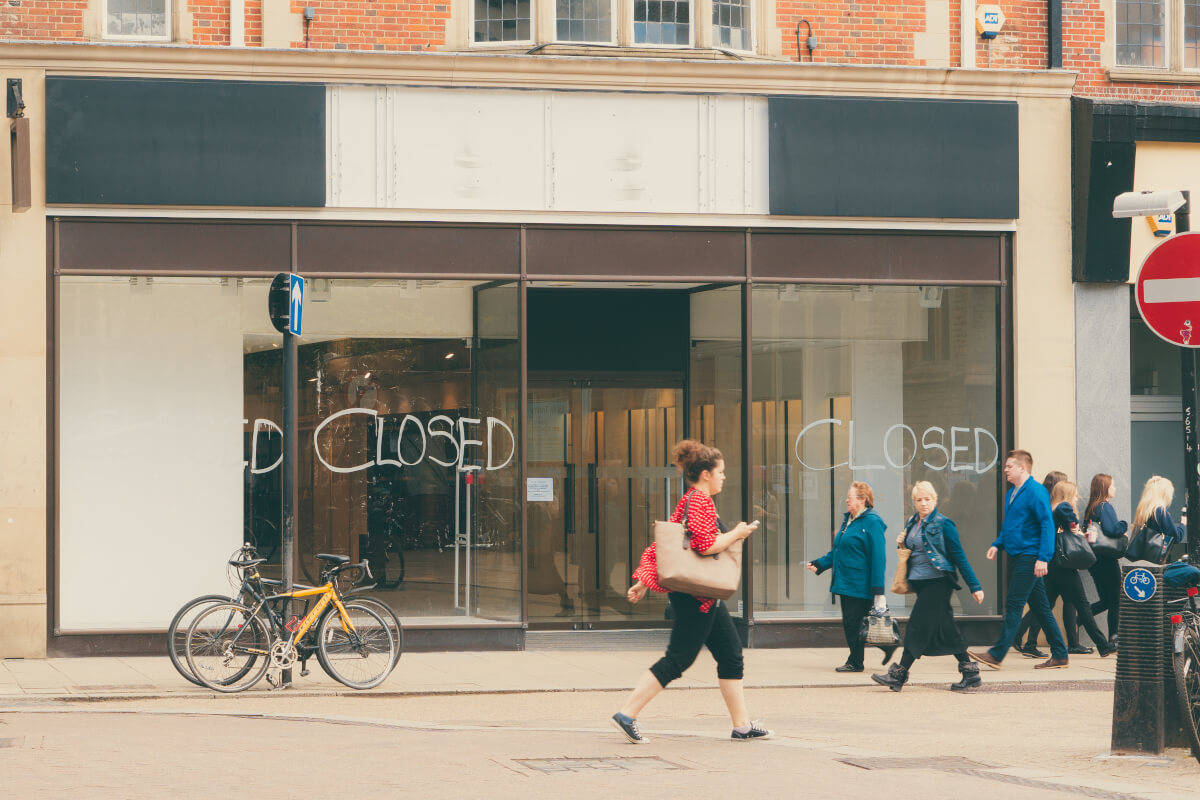Sears’ Brand has Been Badly Damaged. Now it has to Win Back Customers
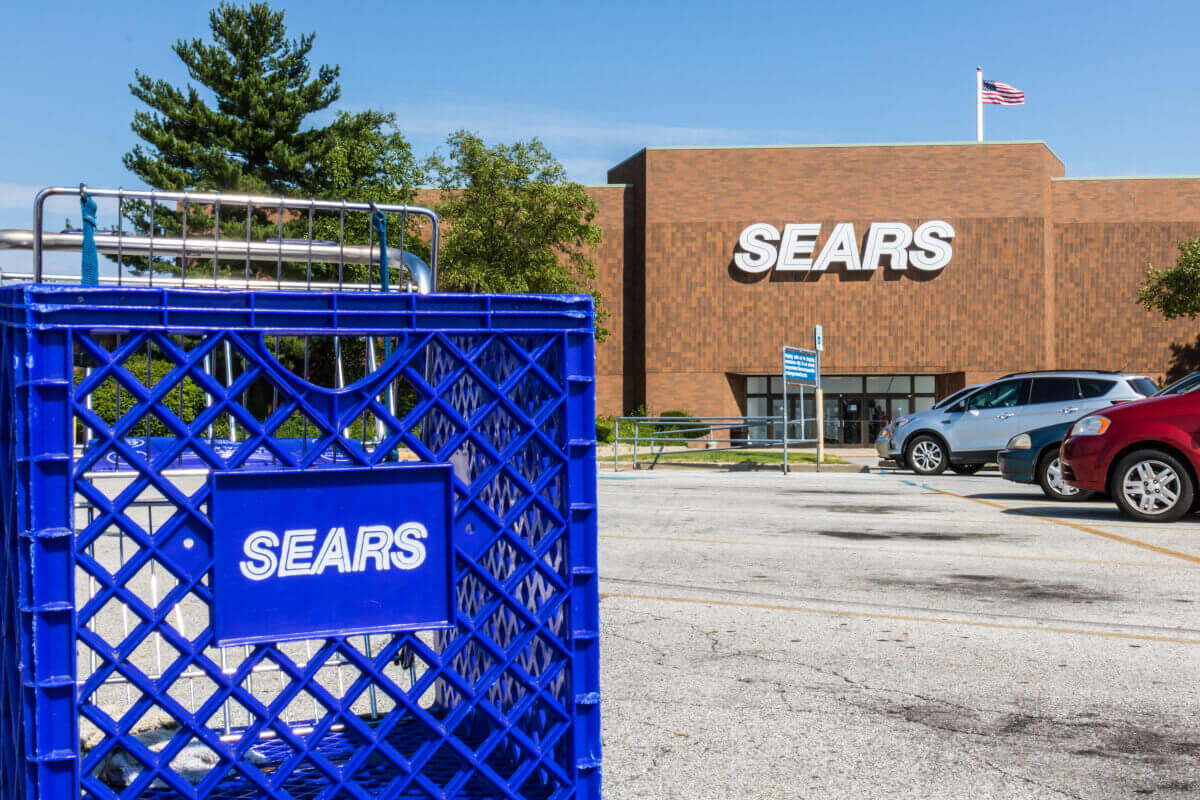
The Sears brand, once the mightiest in retail, is only worth a fraction of what it once was.
As the company prepares for life after bankruptcy, a key to that future is whether the brand still has enough value to bring back the customers it needs. The company has been writing down the value of its brand on its balance sheet in recent years. Since 2015 its value has been reduced by $633 million, or more than 60%. Beyond that bookkeeping maneuver, retailing experts say the Sears brand had lost value in the eyes of shoppers. “Sears has a mountain to climb just to get back to normal,” said Neil Saunders, managing director at GlobalData Retail, “It’s tarnished what was already a lackluster brand.” Sears is not on the radar when people make decisions about where to shop, Saunders said.
That’s a tough problem for a brand to fix.
The company insists that it has the brand loyalty and reputation that people will want to shop again. Its filings in the bankruptcy case point to the strong reputation of Sears’ Kenmore appliance and DieHard automotive brands, which will stay with the company as it emerges from bankruptcy. And it says the Sears brand itself has customer loyalty built up over decades. “These businesses all have the potential to operate in tandem to generate substantial value,” said one of the filings by ESL, the hedge fund controlled by Sears Chairman Eddie Lampert, which bought the assets out of bankruptcy. But the new footprint will leave the company with only 223 Sears stores, and 202 Kmart stores. Many states, especially in America’s heartland, will have few or no Sears stores. “Its value was the promise of quality and the in-store experience where you could look at tools, see appliances,” said Tim Lefkowicz, senior managing director for the consultant AArete.
“Its footprint is a fraction of what it once was. For many people it’s no longer an option.” The bankruptcy process itself probably didn’t damage Sears brand much, said Greg Portell, lead partner for the consumer and retail practice at consultant A.T. Kearney. Ironically, the media coverage that Sears received during the process may have helped boost the brand that hasn’t had much attention or marketing in recent years. “That attention may bring a few people back to the stores. But if the Sears experience isn’t one they want to repeat, then any momentum they got from attention and nostalgia will be very short lived,” he said. Although Sears executives pointed to the rebound that General Motors, Chrysler and the nation’s major airlines all enjoyed after their bankruptcies, Portell said that the dynamics are very different for a retailer.
That’s why many retailers with their own strong brand names, such as RadioShack, end up emerging from bankruptcy only to file again and shutdown in relatively short order. “There are limited numbers of automakers, limited numbers of airlines from which consumers can chose. In Sears case they are competing against an unrestricted market,” said Portell. “They have to have a brand that excites consumers. That underscores Sears’ challenge.”





